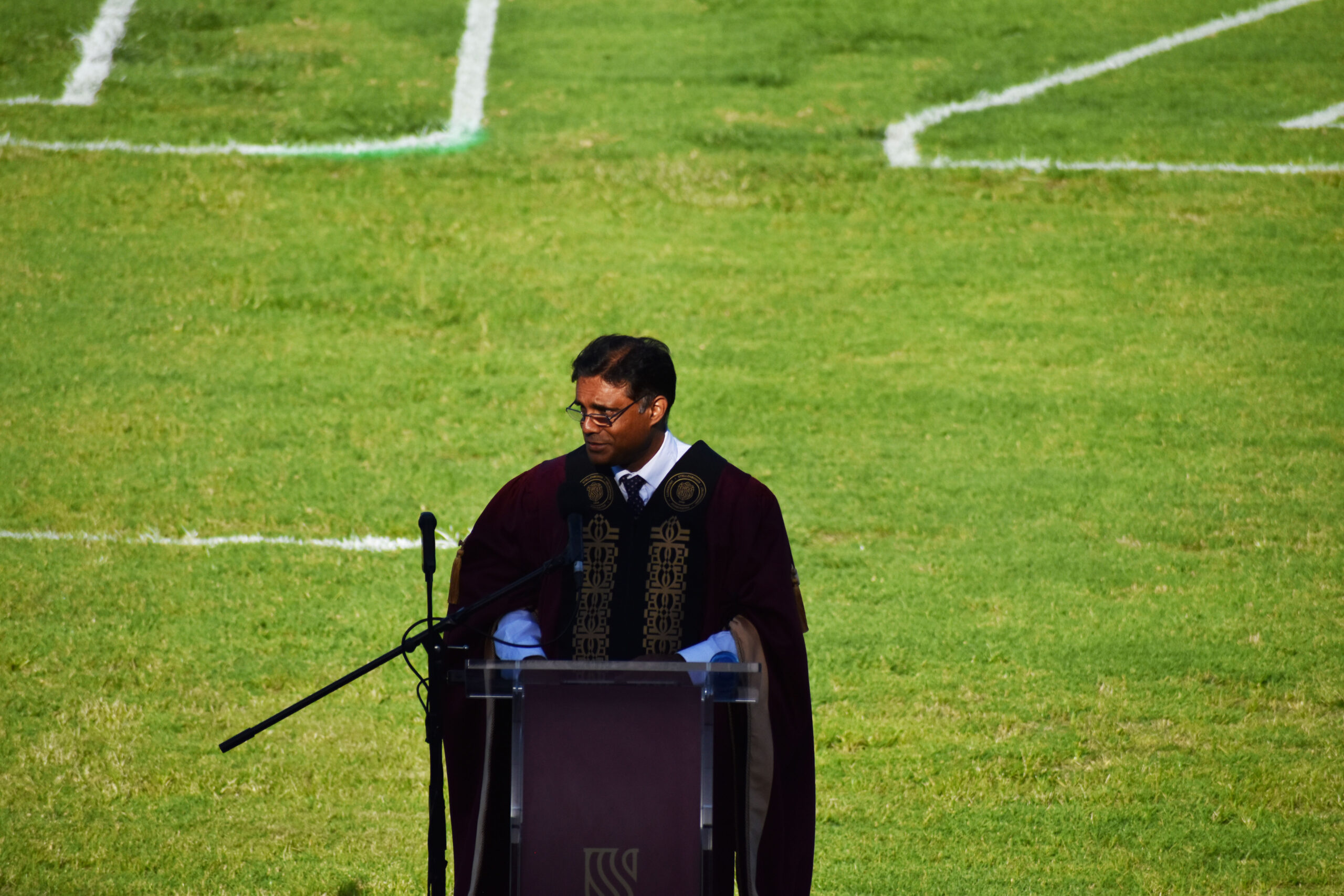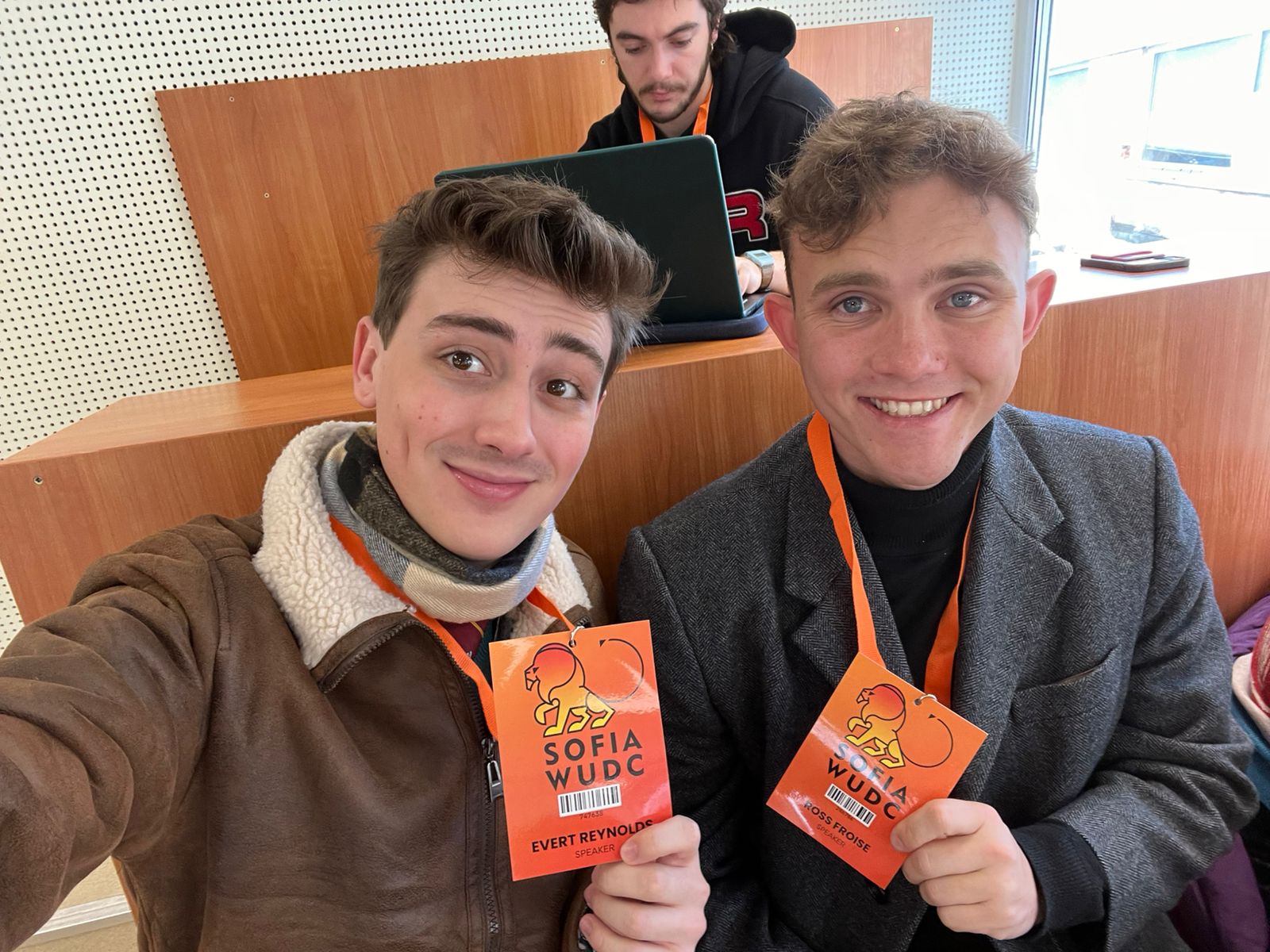BY TIAAN BOOYENS
The increase of student communities that are creating spaces where members of the LGBTQIA+ community are represented and celebrated on campus seems to reflect a rise of tolerance towards the queer student community. However, this pride month, many members reflect on whether tolerance is enough.
Many residences have taken up the tradition of introducing LGBTQIA+ themes and topics of conversation when it comes to their welcoming-period.
Anneke van der Watt, Prim of Nemesia said, “Any culture can be radically changed or implemented during welcoming.”
“I think it’s a lot easier, and more effective, to introduce students to something from the start of their university career,” said Van der Watt who also says it’s important to make room for safe spaces in a residence to create a sense of security and then build on that.
This year Dagbreek Men’s Residence welcomed its first-ever “queer safe space” community. This community’s first two meetings were held in the residence’s non-denominational prayer room and were attended by a handful of LGBTQIA+ Dagbrekers, and even inspired a few to come out.
Matthys Carstens, BCom Hons (Actuarial Sciences) student, who is a mentor and organiser of safe-space meetings, said that he looks forward to seeing how this space grows and leads to what he calls “brave spaces” as well, where heterosexual house members can join the conversation and learn more about the community.
“I do feel that ever since the queer community has been stepping into its own a bit more, that the allies are coming out [to show support],” said Kyle Duvenhage, second-year (LLB) Dagbreker.
Duvenhage, a member of the queer safe space, is collaborating with the Practical Development portfolio House Committee (HC) member of Dagbreek to host an event to kick off Pride Month. “I organised a tyre-changing [workshop] open to the whole residence,” said Duvenhage, explaining that the safe-space members saw it as “a cute idea” on the topic of celebration and empowerment in the community.
QueerUS, the LGBTQIA+ student society of Stellenboch University’s (SU) Stellenbosch campus, is leading the student struggle for “queer liberation.” QueerUS recently collaborated with the SRC to create the BeYou initiative which aims to assist students who wish to have their titles on the university system and their student cards reflect their correct gendered or non-gendered titles if they have since changed from their time of application.
Chulumanco (Junior) Nopote, Bcom Managing and Accounting (F) and chairperson of QueerUS, said that the pandemic exacerbated the problems that LGBTQIA+ students already face by taking away the security and freedom university offers a lot of queer youth. QueerUS has had difficulties with securing venues to facilitate events under COVID-19 regulations but has had numerous engagements with residences and private student organisations to combat issues that queer people face in university residences.
“It’s not about starting a conversation about heteronormativity, it’s about continuing it into the modern space that we’re in 2021,” said Nopote, claiming that residences need to progress past discussing definitions to find solutions to real problems.
“Men’s residences are not the issue, the issue is residency as a whole in Stellenbosch,” said Nopote.
Nopote claims that gender diverse and transgender people aren’t benefited by either gendered or co-ed student communities.
“I don’t think it’s about getting residences out of the picture,” they said, “It’s about modernising tradition [to empower the people represented in residences].”
Despite student communities appearing increasingly progressive and tolerant, there is a long way to go before SU’s LGBTQIA+ culture is structured towards uplifting the most oppressed people in the community, which according to Nopote are the Black transgender women.
“If you exist from a place of privilege, you need to find a way to utilise that privilege to uplift previously disadvantaged people,” said Nopote.
They leave one last message to members of the LGBTQIA+ community, “The onus is not on you. You existing is enough.”



